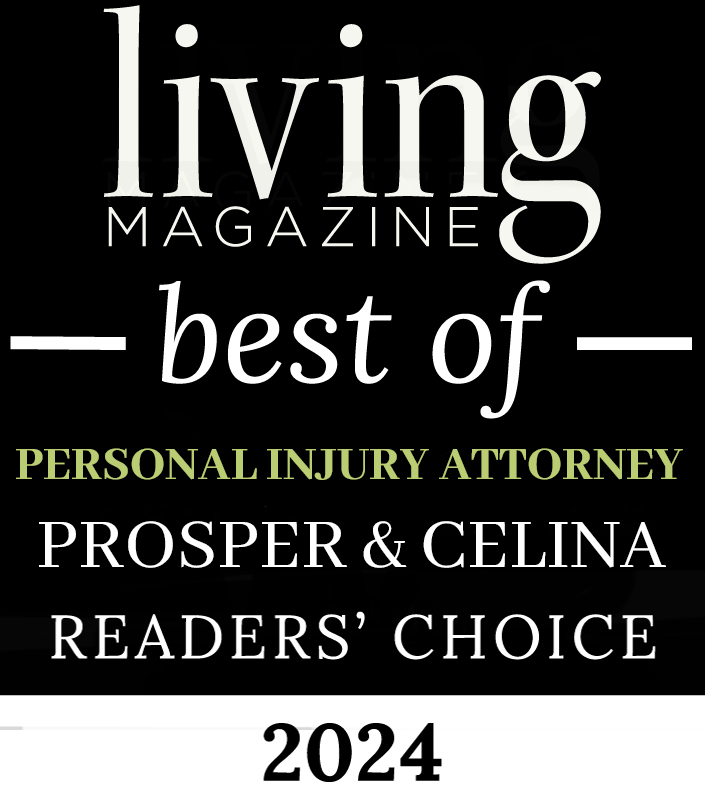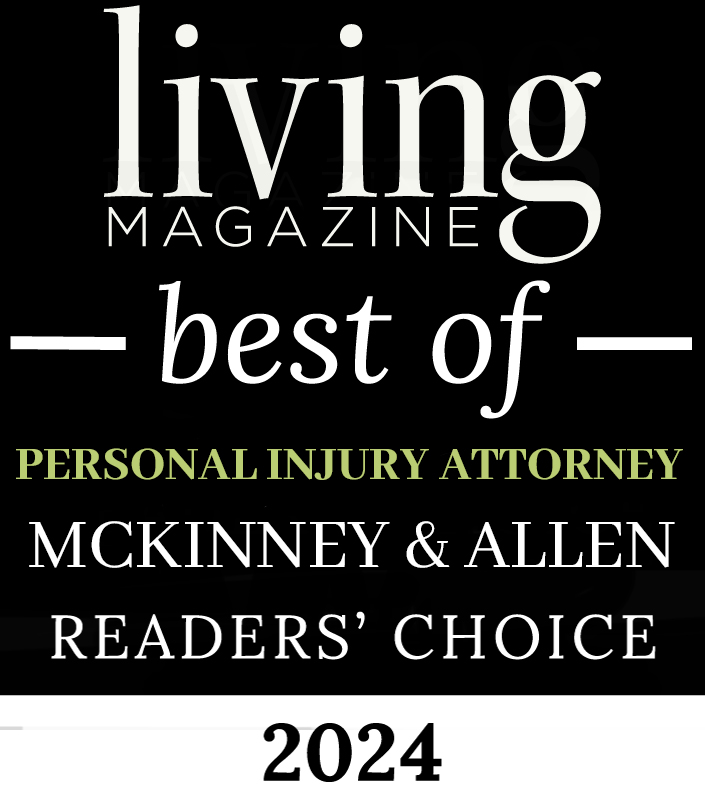Keep Calm and Collect Information After A Car Wreck
The minutes and hours following a car wreck can be hectic and confusing. Thoughts become scrambled and logic may disappear as you receive treatment for your own injuries or stay close to family members or others who are injured in the crash.
This recap of steps to take when a wreck occurs can help you accomplish important tasks and avoid common mistakes that can prove costly. As you will see, a cellphone is a critical tool to record important information following a wreck.
Check on the condition of all drivers and passengers. This may seem obvious, but there are important details that should be followed. Anyone experiencing back or neck pain should not move until qualified medical assistance arrives on the scene.
Report the wreck to police immediately. Ask the dispatcher how long it will take for police to arrive at the scene. If you or others are seriously injured, report that to the dispatcher.
Take proper safety precautions. Activate your car's warning flashers. If you can move your vehicle out of traffic and onto the shoulder or side of the roadway, do so. If an injury prevents someone from moving, remain with them. Do not move an injured person if moving risks making the injury worse. If at all possible, step away from the crash area and move to a safe location that is clear of traffic.
Cooperate with the police investigation and do not engage in blaming the at-fault driver. If another person's reckless or negligent driving caused the car crash, take note of what that driver and other witnesses say, but do not engage in assigning fault and do not be aggressive in any way. It is easy to become emotional when a reckless driver injures you or a family member (especially a child), but please let the police officer be in charge of the investigation. You should answer the police officer's questions as best you can so that the officer can determine what occurred.
Take pictures of the crash scene and your bodily injuries. If you own a smartphone, use the camera to record all damage to the vehicles involved as well as any injuries that resulted from the crash (often times, it will take a few days for bruising and contusions to fully develop). Use video if it helps record the scene more accurately.
Exchange information with all other drivers involved. Get their names, phone numbers, e-mail addresses and street address, as well as the name of their insurance company. Take a photo on your cellphone of the at-fault driver's auto insurance card and driver's license if he/she offers you that opportunity.
Make notes about what happened and ask others who witnessed the wreck for their account. Use a voice recording app on your smart phone to record what you recall about the crash. This is also a good time to record the names of any witnesses who saw the wreck occur and who are still at the scene. Ask them for their name, phone number, e-mail address. If they refuse to share that information, tell the police officers who respond who the witnesses are so they can interview them.
Seek medical attention. This is not the time to be tough. If you are hurt, get medical treatment and keep detailed reports about what treatment you receive. Oftentimes, the adrenaline coursing through a crash victim's body will initially mask at least some of the pain and other symptoms. Oftentimes, neck, back and other orthopedic pain increases over several days. Likewise, it is normal for minor traumatic brain injury symptoms such as dizziness, sensitivity to noise or light, headaches and nausea to start or worsen over the first few days after a car crash. Once you determine that you are injured, immediately seek medical attention. A qualified hospital emergency room generally provides more comprehensive medical treatment and is better for your claim than one of the "urgent care clinics" that we see popping up on each corner.
Report the accident to your insurance company and speak with a knowledgeable personal injury attorney. Do not provide a recorded statement to or even speak with an insurance company representative until you have talked to a personal injury attorney. In fact, in wrecks involving significant injuries, it is better to let a personal injury attorney speak with insurance representatives on your behalf. Because we deal with serious car crashes every day, we know what information serves your best interests and what information can negatively impact the value of your claim.
In short, stay as calm as possible following a motor vehicle accident and remember how useful a smartphone can be in recording information that will be important to access later.



















 ÓN
ÓN
